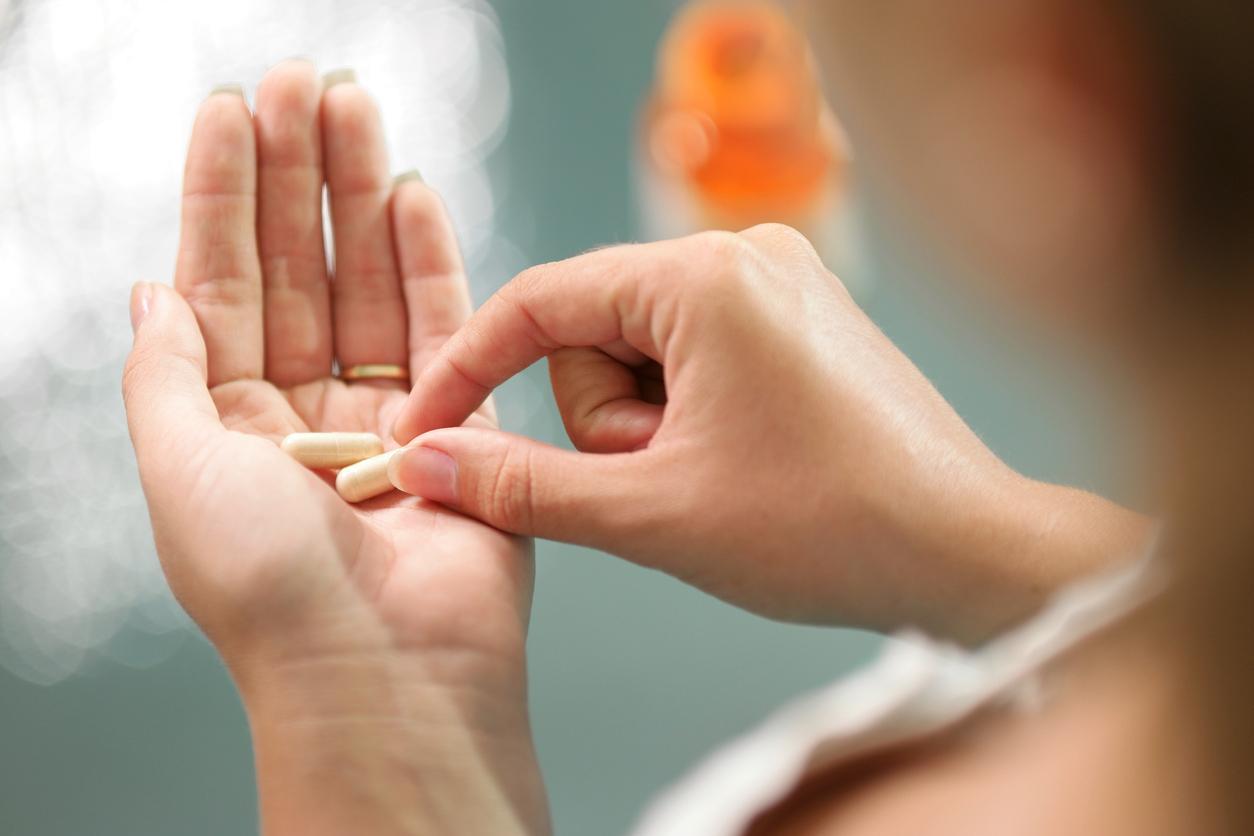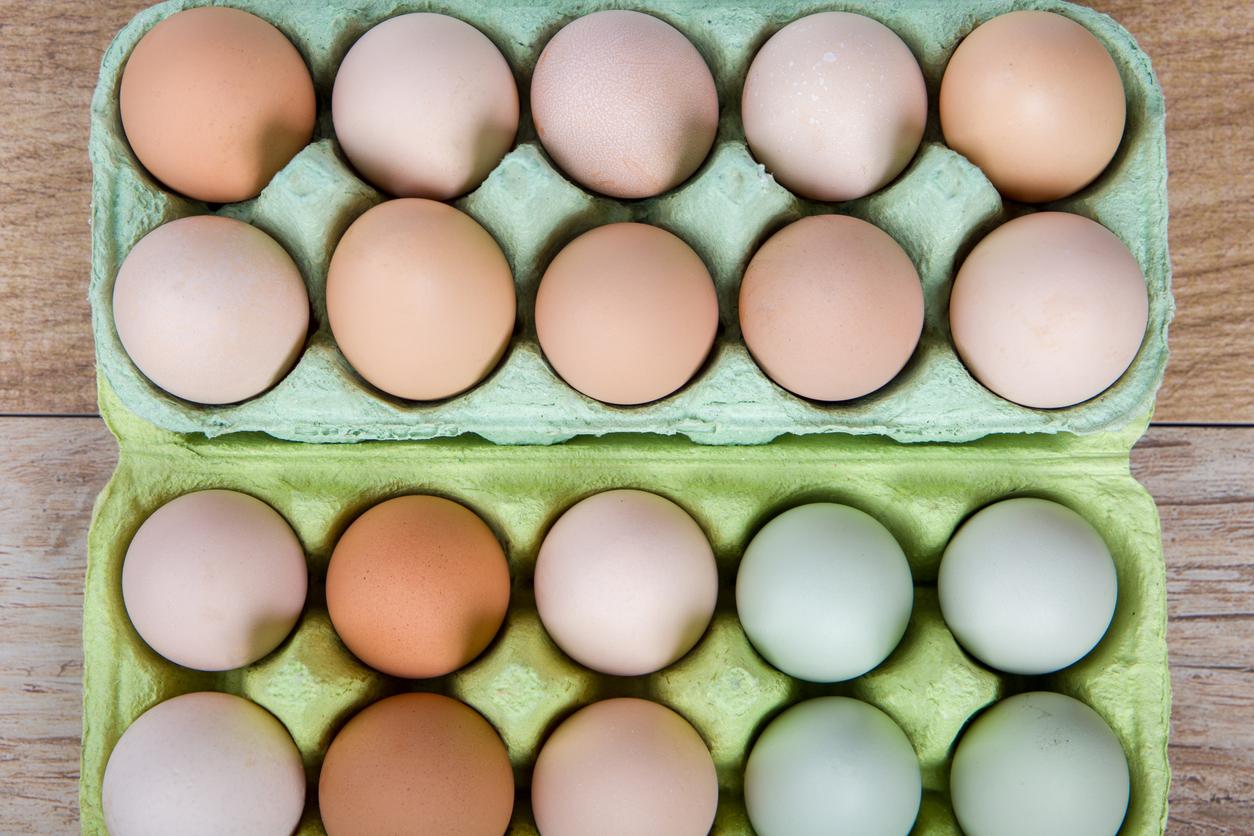To close the debate on the advantages of breastfeeding or bottle-feeding, Dr. Robert Heaney, nutrition specialist and professor at the American University of Creighton, reminds us that the essential thing is that infants are not lacking in vitamin D.
Vitamin D is important throughout life, but it is during the first year of birth that it plays a primordial role. This essential nutrient helps reduce both the risk of common infections and the late-life development of autoimmune diseases such as multiple sclerosis and type 1 diabetes.
If breastfeeding is often considered the best way to feed a child, it should be remembered that breast milk is quite low in vitamin D and does not provide the dose recommended by the American Academy of Pediatrics (AAP) and the Institute of Medicine (IOM). In the same way, industrial food is not rich enough in vitamin D for the good health of infants.
These institutions recommend 400 IU (international units) per day, administered as drops.
To provide the necessary amount of vitamin D to her baby while breastfeeding, a mother should consume 5000 and 6000 IU of this nutrient daily. As a reminder, 15 minutes of summer sun allows the body to produce 10,000 IU.
Infants deficient in vitamin D
Scientific studies reveal that less than a fifth of infants receive this recommended dose, and less than one in 10 breastfed babies benefit from this intake.
“Most babies don’t get the vitamin D they need. This shortfall could have significant medical consequences for the future lives of these children,” recalls Dr. Robert Heaney, nutrition specialist and professor at Creighton University.
For nursing mothers, vitamin D is mainly found in oily fish, egg yolks and organ meats, but it is mainly produced by our body when our skin is exposed to the sun.
In case of’vitamin D deficiency, it is recommended to consult a doctor who will establish an appropriate medical prescription.
















